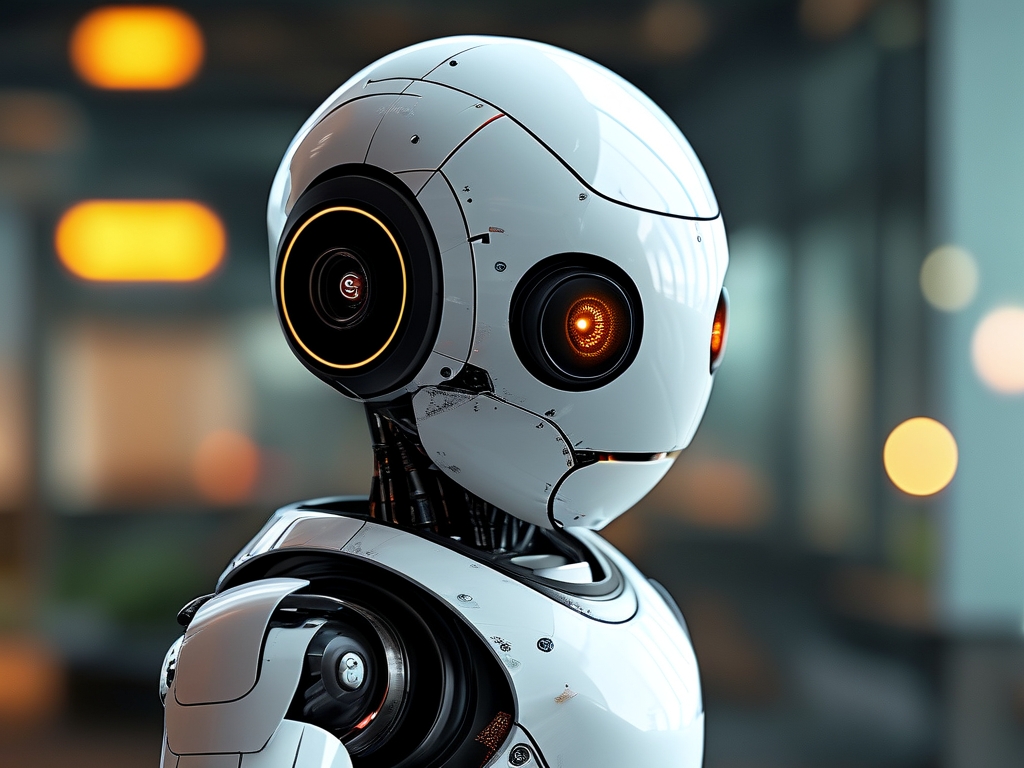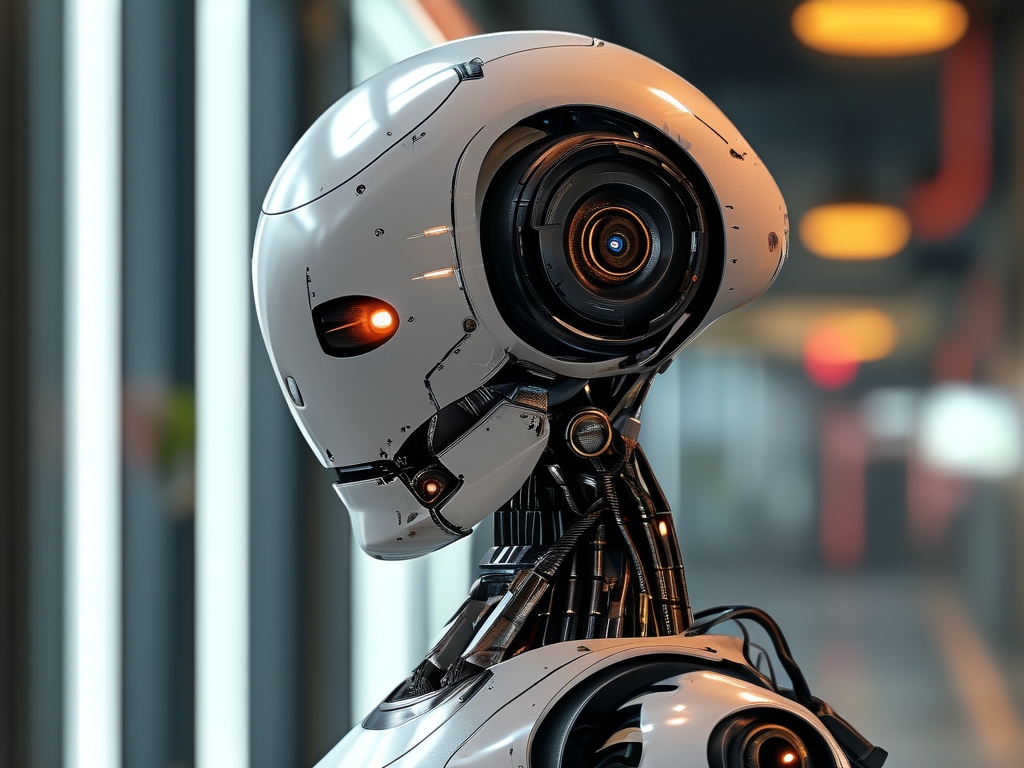The rapid evolution of robotics and artificial intelligence (AI) has ushered in a new era of industrial and societal transformation. Among the pioneers leading this charge is Bosch, a global leader in engineering and technology, whose intelligent robotics solutions are redefining efficiency, precision, and scalability across industries. This article explores Bosch’s advancements in intelligent robotics, their applications, and the profound implications for the future of automation.
The Rise of Intelligent Robotics
Intelligent robotics integrates AI, machine learning, and advanced sensor technologies to create systems capable of autonomous decision-making and adaptive behavior. Unlike traditional robots programmed for repetitive tasks, Bosch’s intelligent robots leverage real-time data analytics and contextual awareness to optimize performance in dynamic environments. For instance, in manufacturing, these robots can detect defects, adjust workflows, and collaborate seamlessly with human workers—ushering in the era of "cobots" (collaborative robots).
Core Technologies Driving Bosch’s Innovation
- AI-Powered Vision Systems: Bosch’s robots employ sophisticated computer vision to recognize objects, navigate spaces, and perform complex tasks like quality inspection. For example, in automotive assembly lines, these systems identify microscopic flaws in components, reducing waste by over 30%.
- Edge Computing: By processing data locally on devices (edge computing), Bosch minimizes latency, enabling real-time responses critical for applications like logistics and emergency response.
- Human-Robot Interaction (HRI): Advanced natural language processing (NLP) and gesture recognition allow Bosch’s robots to understand and execute verbal or visual commands, enhancing teamwork in sectors like healthcare and retail.
Industry-Specific Applications
1. Manufacturing and Supply Chain
Bosch’s robotics solutions are revolutionizing factories. In its own plants, the company has deployed autonomous mobile robots (AMRs) that transport materials, track inventory, and even predict maintenance needs using IoT sensors. This has cut downtime by 25% and boosted production speed by 40%.
2. Healthcare
In medical settings, Bosch’s robotic assistants support surgeries with sub-millimeter precision, reducing human error. Meanwhile, AI-driven diagnostic robots analyze medical imaging faster than human specialists, improving early disease detection rates.
3. Agriculture
Bosch’s agricultural robots use AI to monitor crop health, apply fertilizers with pinpoint accuracy, and harvest produce autonomously. This technology addresses labor shortages and promotes sustainable farming practices.
4. Smart Cities
From autonomous delivery drones to robotic waste management systems, Bosch is embedding intelligent robotics into urban infrastructure. These innovations reduce traffic congestion, lower emissions, and enhance public safety.

Ethical and Economic Considerations
While Bosch’s technologies promise immense benefits, they also raise critical questions. Job displacement remains a concern, as robots increasingly handle roles traditionally performed by humans. However, Bosch emphasizes reskilling programs, arguing that automation will create new opportunities in robotics maintenance, AI ethics, and system design.
Privacy is another challenge. Robots equipped with cameras and sensors collect vast amounts of data, necessitating robust cybersecurity measures. Bosch addresses this through encrypted data transmission and strict compliance with GDPR and other regulations.

The Road Ahead
Bosch plans to expand its robotics ecosystem by integrating quantum computing for ultra-fast problem-solving and 5G connectivity for seamless cloud integration. The company is also exploring swarm robotics—where multiple robots collaborate like a hive mind—to tackle large-scale challenges such as disaster recovery and environmental cleanup.
Bosch’s intelligent robotics technology exemplifies the convergence of innovation and practicality. By prioritizing adaptability, sustainability, and human-centric design, Bosch is not only advancing automation but also shaping a future where humans and machines coexist synergistically. As industries worldwide adopt these solutions, the potential for economic growth and societal improvement becomes limitless—provided we navigate the ethical and logistical challenges with foresight and responsibility.

